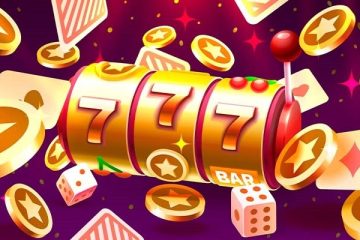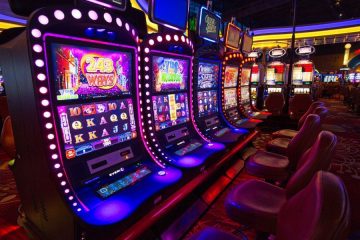Poker Deals You Really Need to Be Sure About Online


Finally, there is also a lot of value in very large bets (so you can make it look like a bluff and if you are paid off you immediately win a lot of chips) or make a relatively small bet (so you can lure your opponent if you expect that he does not have such a strong hand, also called a suckbet). In general you should never bet very low (less than 20% of the pot) because this is of little use.
Bluffing can be valuable if done correctly
Novice players often bluff too often or at the wrong time. A bluff can win the pot for you if you don’t have the best hand. However, it is important to estimate well in advance what the chances of a bluff are succeeding and whether it is profitable in the long term. For this you must be able to estimate the situation and your opponents.
It takes some experience to recognize the right situations in which a bluff might work. If you are not sure whether a bluff works then you should not make it, chances are it won’t work and this will cost you chips unnecessarily. Only bluff if you think your opponent is folding.
There are also many positive sides to a bluff. Firstly, your image changes by bluffing, you are now seen as a somewhat ‘looser’ player. This means that your good hands are paid off earlier. Also, your opponents may be tilted by a bluff that shows you. In general, I am not in favor of showing your cards, but in some cases it can draw opponents out of the tent.
Good bluff situations are when you are in last position, when you raised pre-flop, when you are playing against a small stack, or when bluffing is the only way to win the hand (for example, you are playing a missed flush draw).
The two reasons to bet
There are two reasons to bet; to win extra chips from your opponent (if you have the best hand) or as a bluff with the aim of making your opponent (s) fold (if you do not have the best hand). If you are going to bet you need to find out what reason applies in this situation.
Are you betting to win extra chips?
Then you have to ask yourself if your opponent is going to call with a worse hand than you have. If the answer to this is no, you do not have to bet but it is better to check for certainty.
Do you bet as a bluff?
Then you have to ask yourself if your opponent is going to fold a better hand. If not, you better not bluff.
Often novice players bet without knowing the underlying idea. This can cost you chips at the poker 99 table unnecessarily.
Think about your image
How others see you at the poker table is extremely important. Be well aware of the image you have and make use of it. If your opponents see you as a loose player who plays a lot of hands, you can play a little tighter and you will often be paid off. If opponents see you as a tight player, you can play a little looser and you will get away with a bluff more often.










